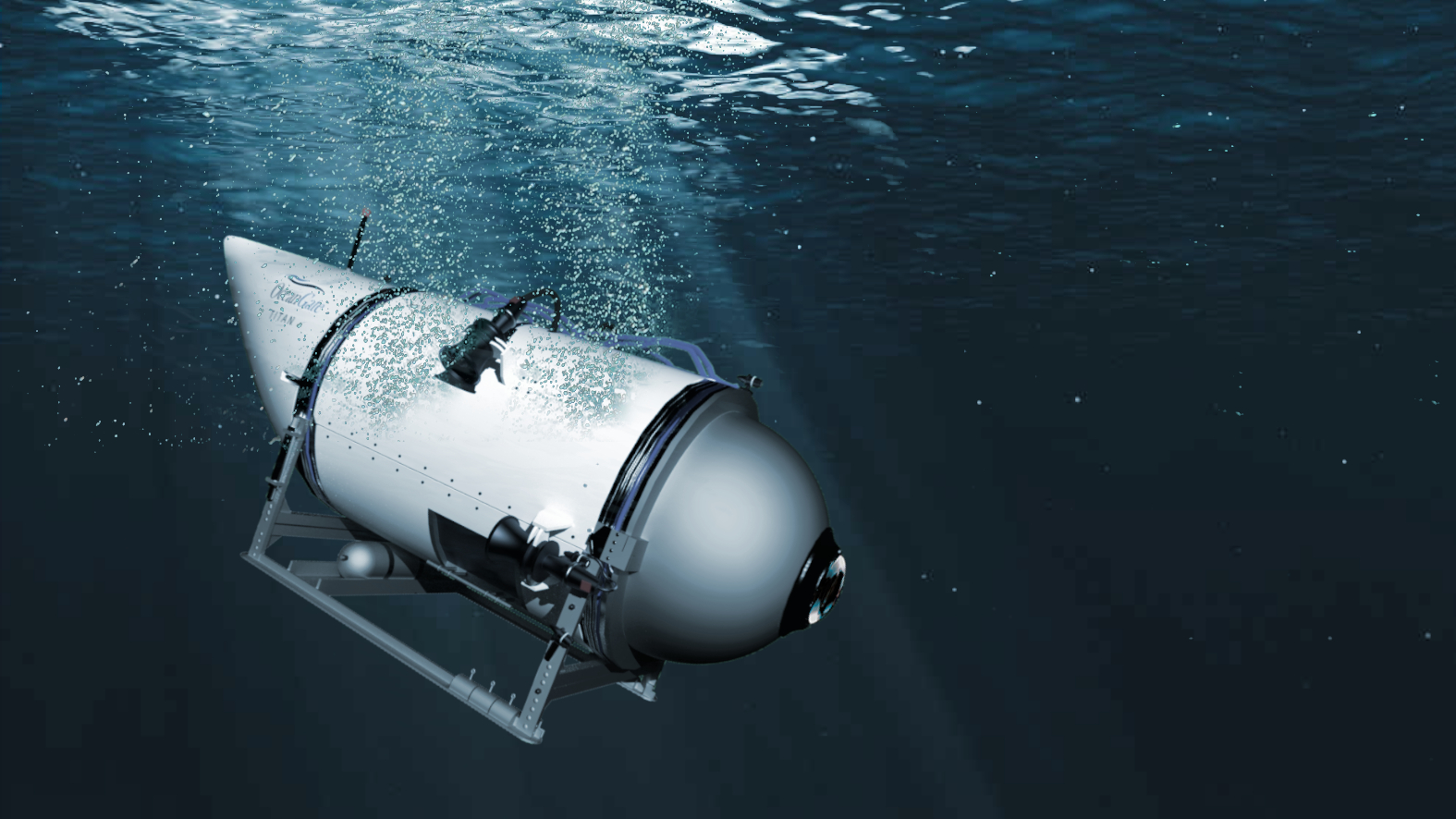

By Asmita - Aug 05, 2025
The U.S. Coast Guard report on OceanGate's Titan submersible reveals a culture of intimidation and safety lapses that resulted in a tragic implosion killing five people. The company's flawed safety practices prioritized profit over human lives, with inadequate vessel construction and operational safeguards. The findings stress the need for stricter regulations in deep-sea exploration, highlighting the importance of safety, oversight, and accountability in high-risk industries.

Titan via Wikimedia
LATEST
The U.S. Coast Guard has released a damning report on OceanGate, the company behind the ill-fated Titan submersible, highlighting the use of intimidation tactics and critically flawed safety practices that contributed to the tragic implosion killing five people. The report reveals that the company’s management fostered a toxic workplace culture, where employees and contractors were discouraged from questioning safety protocols or raising concerns. According to investigators, the pressure to meet ambitious timelines and business goals led OceanGate to repeatedly bypass standard safety regulations, placing profit and expediency over human lives. The report’s findings paint a disturbing picture of a firm willing to take unacceptable risks in pursuit of its deep-sea exploration objectives.
Central to the report are substantial criticisms of the technical and operational safety measures employed by OceanGate. The submersible’s design and construction were found to be critically flawed, lacking robust safety redundancies and essential third-party certifications. Investigators cited inadequate pressure testing of the vessel’s carbon fiber hull, poor quality control in manufacturing, and insufficient third-party inspections as key failings that directly compromised the structural integrity of the Titan. Furthermore, OceanGate allegedly ignored multiple warnings and technical concerns from experts, continuing to operate the submersible despite known vulnerabilities. These lapses reflect systemic failures in engineering judgment and safety oversight, contributing significantly to the ultimate catastrophe.
The human impact of these organizational shortcomings is underscored by the grief of the families of the passengers who died in the implosion. They have called for tougher regulation and stricter enforcement of safety standards in the private submersible and deep-sea exploration industries. Advocates argue that without comprehensive oversight and mandatory certification processes, similar tragedies may occur with other operators. The Coast Guard report strengthens the case for government intervention to close regulatory gaps, ensure accountability, and protect passengers engaging in these high-risk adventures. It also highlights the urgent necessity for a cultural shift within companies involved in such dangerous endeavors—a shift promoting transparency, safety-first priorities, and respect for expert advice.
Beyond regulatory calls, the Titan submersible disaster sparks wider concerns about the commercialization of extreme tourism and scientific exploration. The report suggests that OceanGate’s aggressive business strategy, which included pressuring passengers and personnel to accept risks, exemplifies broader challenges facing emerging adventure industries. Balancing innovation, profit, and safety is fraught with tension, especially when oversight is weak or nonexistent. The Titan tragedy serves as a harsh reminder that human lives must never be jeopardized for spectacle or profit, and that rigorous standards and ethical practices must govern all aspects of exploration beneath the sea.